Keywords: Ignatius Of Loyola
-
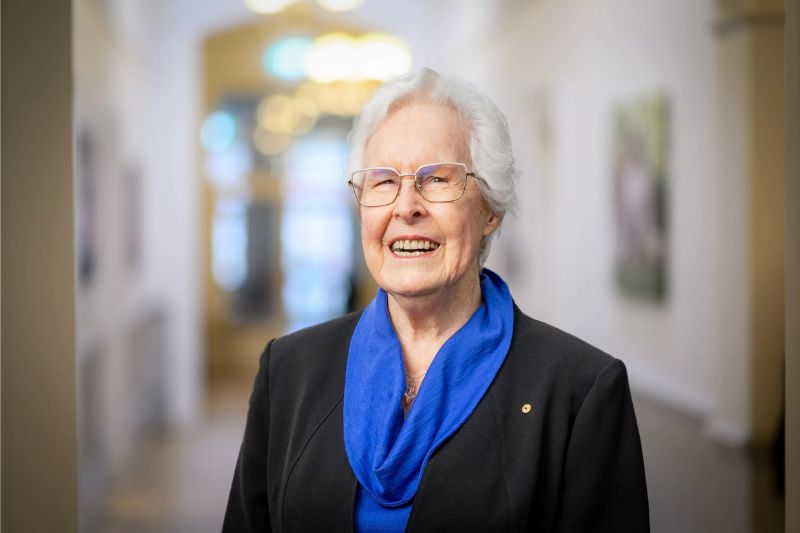
AUSTRALIA
- Gillian Bouras
- 28 January 2025
Sister Margaret Noone, a Loreto nun who died this year at 91, shaped paediatric palliative care in Australia. She founded Very Special Kids, providing support for families of children facing life-threatening illnesses. Her compassionate commitment stands in stark contrast to today’s loud stage of power.
READ MORE
-

RELIGION
- Andrew Hamilton
- 30 July 2024
5 Comments
In an age marked by increasing tribalism, Ignatius Loyola offers a counterintuitive lens through which to examine the nature of human connection. Renowned as a strict disciplinarian, Loyola is often cast as a distant, austere figure. Yet, beneath his armor of religious rigor lies a nuanced and rich understanding of friendship.
READ MORE
-
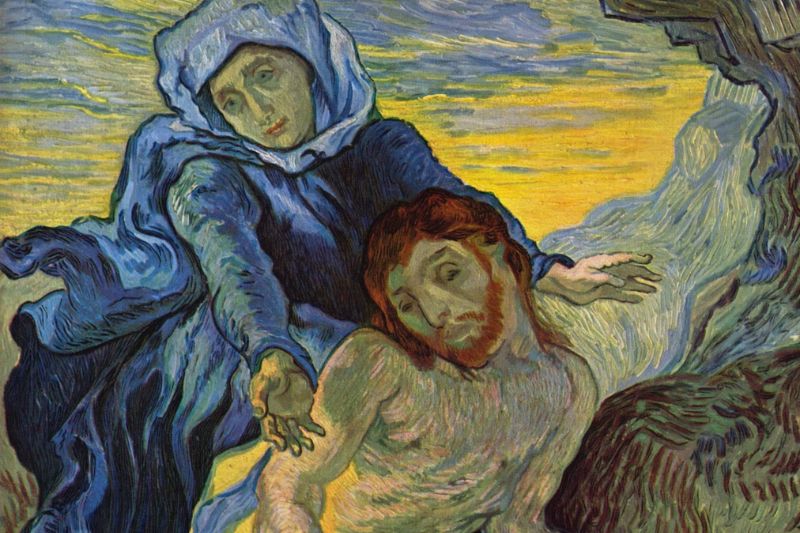
ARTS AND CULTURE
Dante and Hopkins named it lavishly: Christ’s vita nuova, shared to Easter in us; Ignatius of Loyola called it: magnanimity . . . How could we then, receiving, hoard or dispense it stintingly, like Scrooge before his Christmas haunting?
READ MORE
-
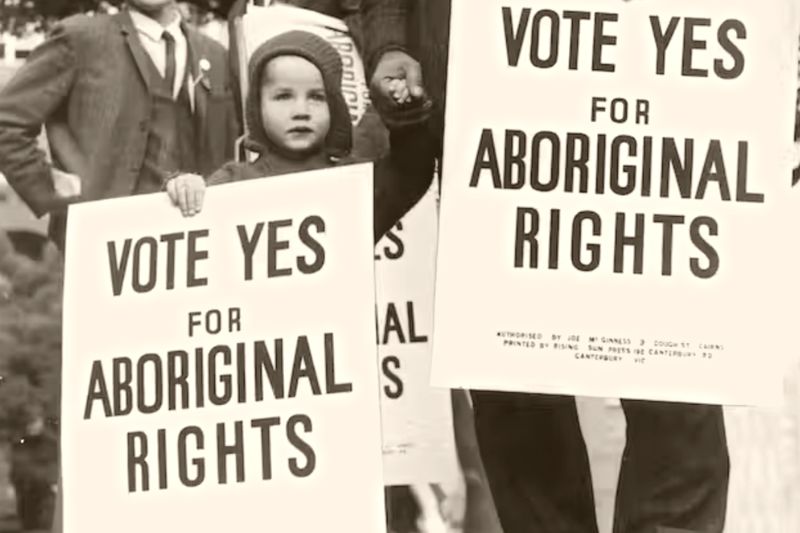
AUSTRALIA
- Frank Brennan
- 05 June 2023
19 Comments
The wording of the proposed change to the Australian Constitution to enshrine a First Nations Voice might not be perfect. But whatever the imperfections and the risk of future complications, it is high time that Australia’s First Peoples were recognised in the Constitution in a manner sought and approved by a broad cross-section of Indigenous leaders.
READ MORE
-
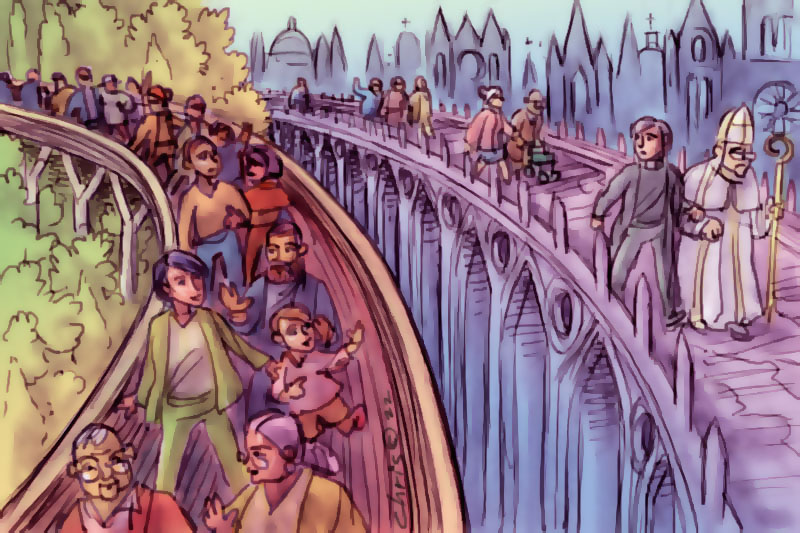
RELIGION
- Tracey Edstein
- 14 September 2022
6 Comments
There is no doubt that the institutional Catholic church has lost ground in the last few decades. But unlike the institutional Catholic church, the parallel church is thriving. As people seek to engage with their beliefs and live their lives of faith more deeply, many have come to embrace a spirituality which, framed by authentic Catholic tradition, encompasses an expanded array of practices.
READ MORE 
-
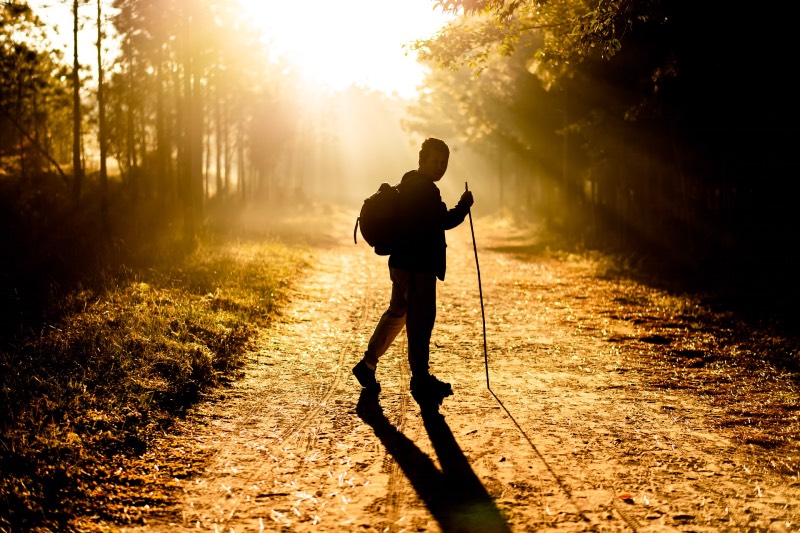
RELIGION
- Gerald O'Collins
- 20 May 2021
24 Comments
Over forty years ago I drew on the doctoral work of Bridget Puzon to produce The Second Journey and reflect on midlife journeys. Human history, as I realised then and later, throws up everywhere examples of such journeys: from Abraham and Sarah to Moses, from Paul of Tarsus to Mother Teresa of Calcutta, from Dante Alighieri to Eleanor Roosevelt, from John Wesley to Jimmy Carter, from John Henry Newman to Dietrich Bonhoeffer.
READ MORE 
-
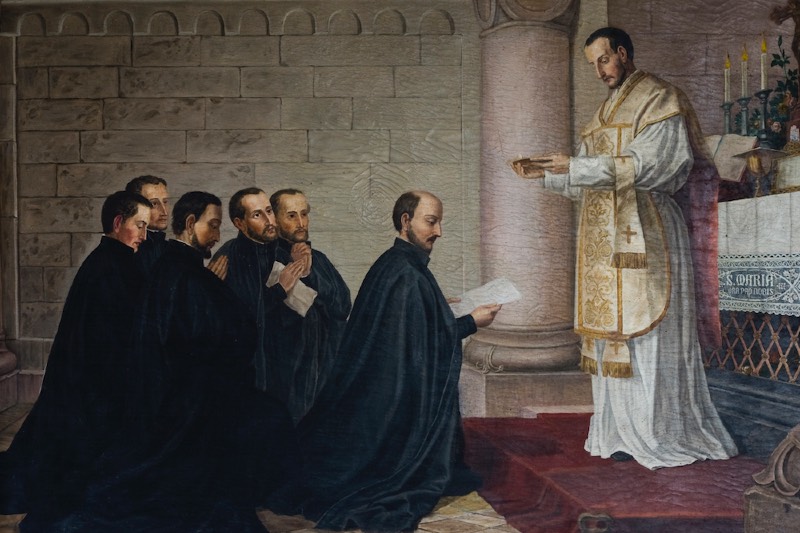
RELIGION
- Andrew Hamilton
- 20 May 2021
29 Comments
20 May marks the five hundredth anniversary of a chance event with large consequences. In 1521 a stray cannonball ricocheting off a castle wall in a minor skirmish broke the leg of a knight defending the castle. It had large consequences for him and for the world. The long convalescence of Ignatius Loyola after the siege of Pamplona changed the direction of his life and shaped the church and world that we inherited.
READ MORE 
-
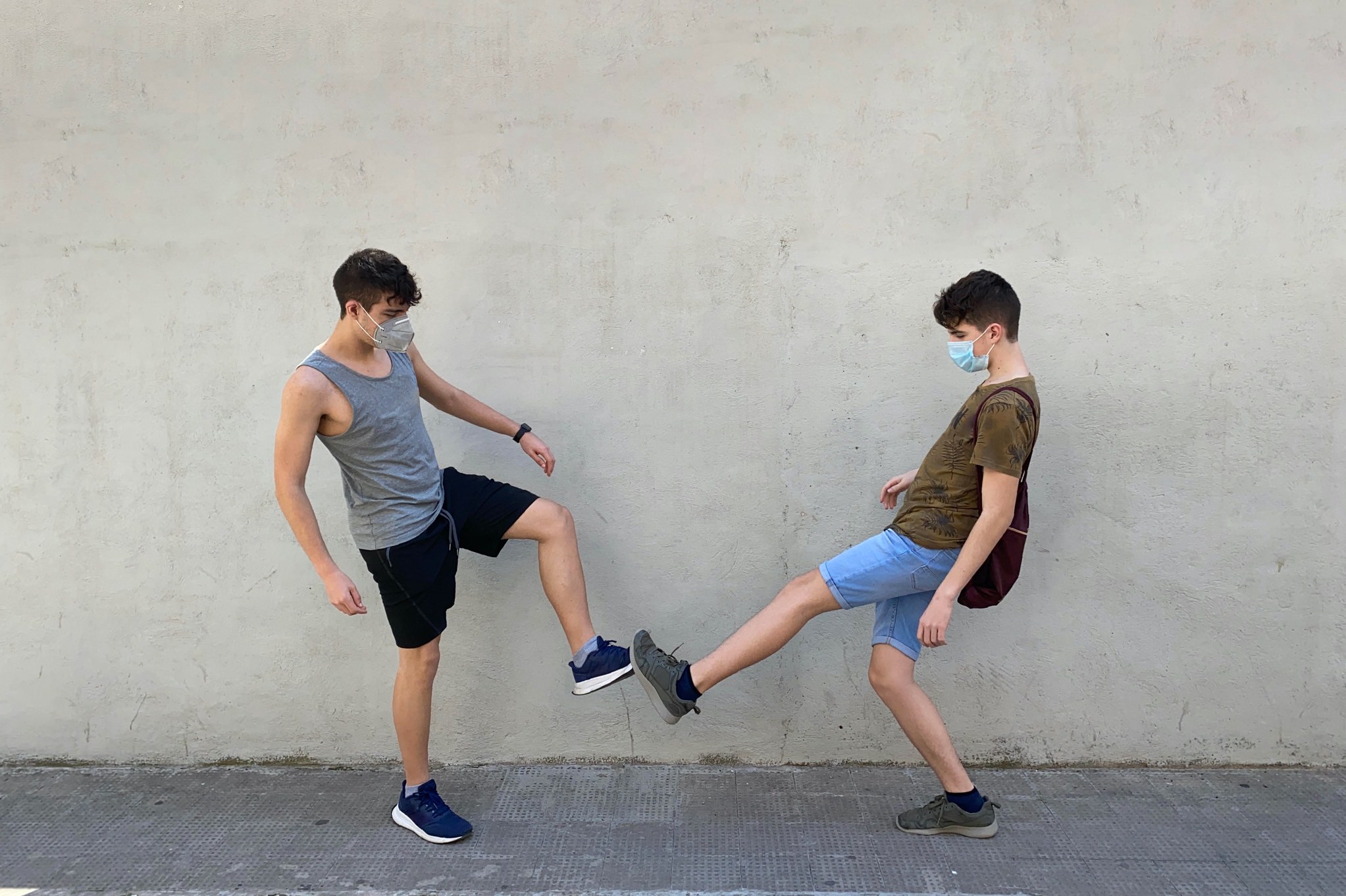
RELIGION
- Andrew Hamilton
- 30 July 2020
7 Comments
Ordinarily the last two days of July would for me be occasions of celebration. July 30 is the International Day of Friendship and July 31 is the feast day of Ignatius Loyola, the founder of the Jesuits. This July, in Victoria, at least, it is hard to summon energy to celebrate. We are in a time of endurance.
READ MORE 
-

RELIGION
- Andrew Hamilton
- 12 November 2019
22 Comments
Might the experience of humiliation open the possibility of turning out to others instead of in on oneself? Might it seed compassion for others in their humiliation, and lead in turn to a society more sensitive to the wounds that humiliation causes both to the humiliated and the bystanders?
READ MORE 
-
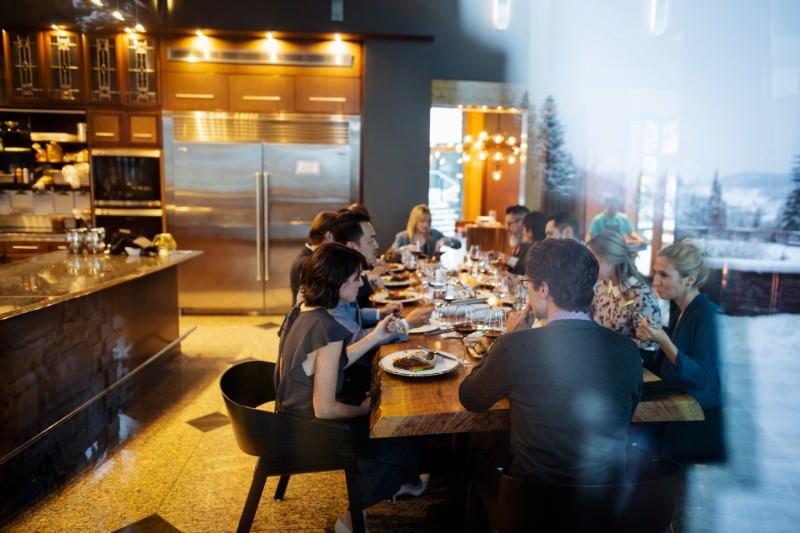
FAITH DOING JUSTICE
- James O'Brien
- 31 October 2019
6 Comments
The rise of the vegan movement challenges us to reflect ethically on food. Writing in the 16th century, Ignatius Loyola prompted his readers to practise reverence in the moment and gratitude for the gifts received when eating. For an age of food and drink on demand, heeding his prompts could help us to balance our inner and outer lives.
READ MORE 
-
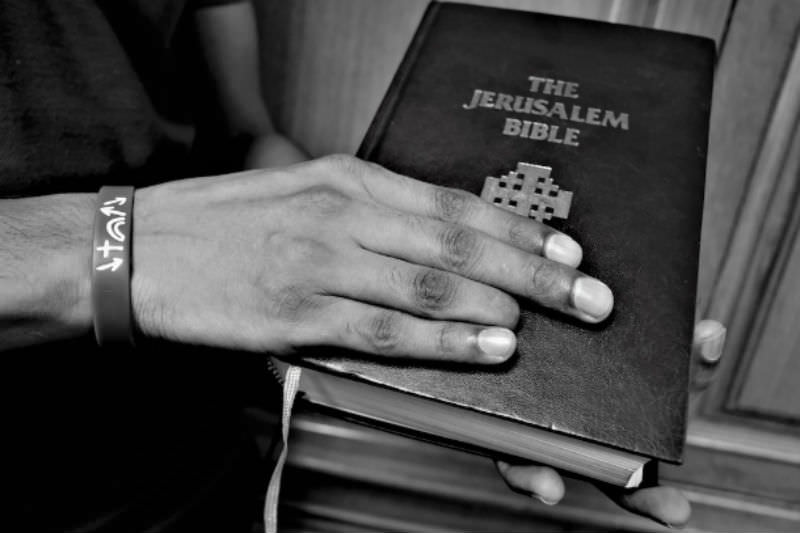
INTERNATIONAL
- Michael Kelly
- 27 August 2018
3 Comments
Some days I feel like a people trafficker, though I'm not making a zack out of the trafficking. Other days I see myself as a latter-day Oskar Schindler. But mostly I just feel trapped along with the 1000 refugees and asylum seekers I'm doing my not-very-successful best to get the hell out of an open prison called Bangkok.
READ MORE 
-
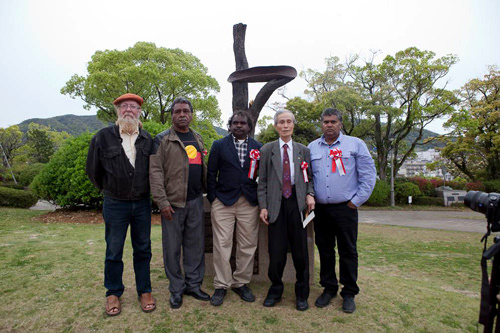
RELIGION
- Frank Brennan
- 06 August 2018
How are we to honour the commitment to peace of these Japanese and Maralinga survivors of nuclear conflagrations unleashed maliciously or negligently last century? We need to renew our commitment to painstaking negotiation of international treaties and agreements designed to ensure peace and security for all, insisting on the dignity and human rights of all.
READ MORE